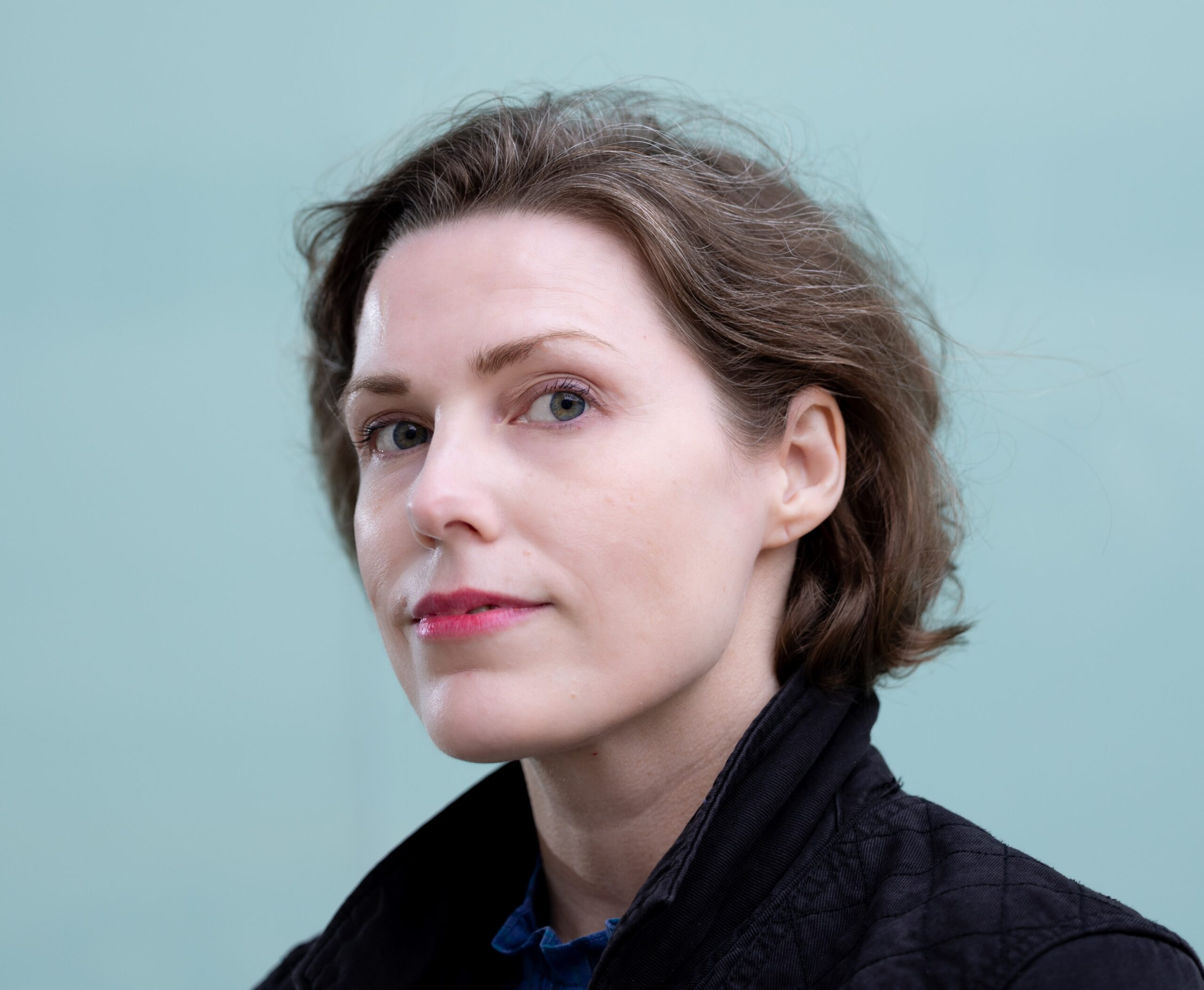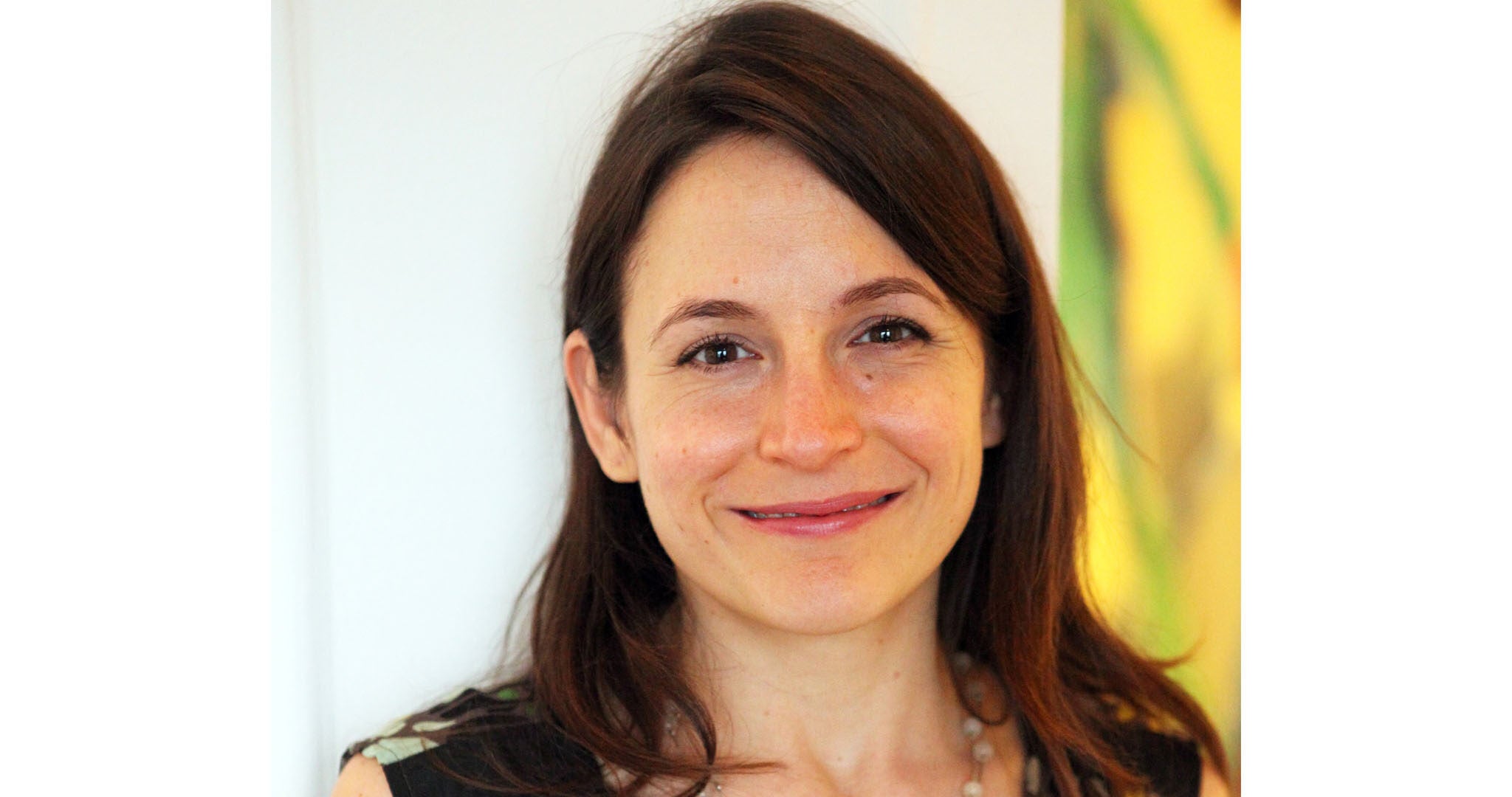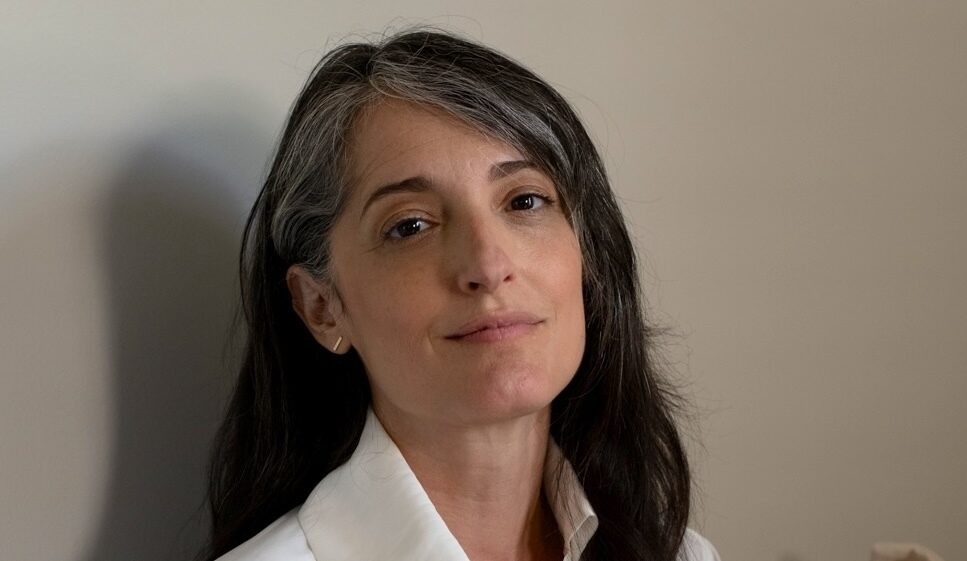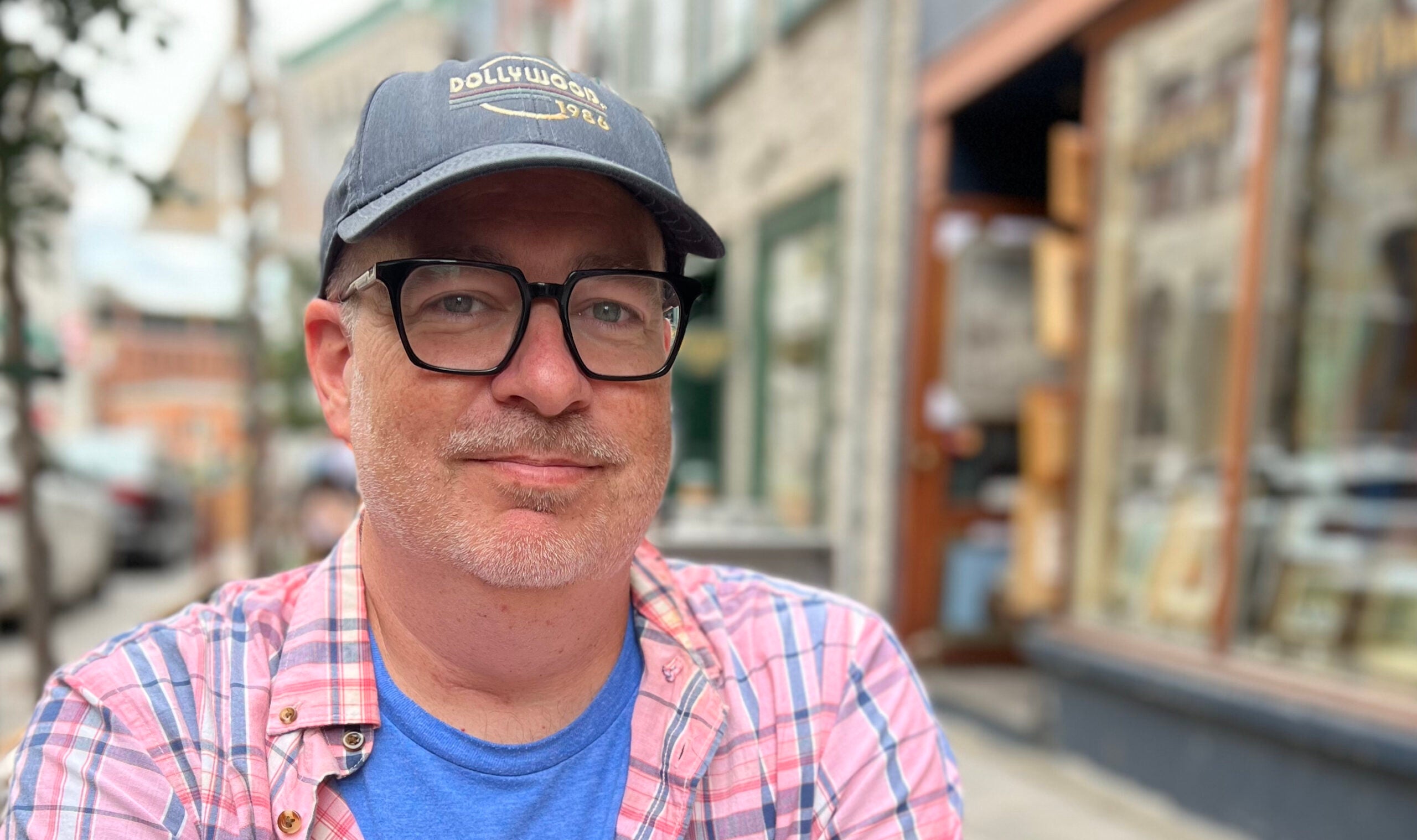Holly Wilson grew up in Kansas. She now lives in Fort Atkinson, Wisconsin, where she is an associate professor of creative writing at the University of Wisconsin-Whitewater.
Wilson describes her debut novel as “fierce, funny, sad, happy and wild.” The book, “Kittentits,” is set in 1992 and features one of the most distinct and intriguing protagonists you will ever come across: 10-year-old Molly.
As former “BETA” guest Kevin Wilson says: “This is a wildly funny and utterly convincing coming-of-age novel like nothing I’ve read before.”
Wilson had never written fiction from the point-of-view of a child before writing her novel. But she nailed it.
This interview has been edited for clarity and brevity.
Doug Gordon: You had never written any fiction from a child’s point of view. So how did you go about developing your 10-year-old protagonist, Molly?
Holly Wilson: I think the voice was easier for me to do a child. It’s probably why I decided to do a novel using it, because it came naturally in a way that writing an adult character didn’t. It was not forced at all. It’s easy to write.
Stay informed on the latest news
Sign up for WPR’s email newsletter.
Childhood is a period I can go back to easily. I can inhabit that. And even though I was an adult who was writing it, I think adulthood is more difficult to inhabit in a way like the interior. Or also it’s maybe more boring, too.
DG: The thing everyone loves about the book is just how unique this character Molly is. And I’m going to ask you a really clichéd question, which I probably shouldn’t ask, but I am curious about it: Molly. And your name is Holly. Do you have anything in common with with Molly?
HW: That’s a good question. My middle name is Jean. So there’s Jeanie, too. I didn’t consciously choose that name to sound like my own, to say, “Oh, this is me,” because she’s not me.
I think in everything any writer writes, there’s always going to be some part of them in every character. Or at least the main characters. There’s definitely something of me and Molly. There’s me and Jeanie. There’s maybe not even Jeanie, really, but more Demarcus for sure.
Molly is very lonely. She’s somewhat isolated. She has a lot of time on her hands and that existed in my childhood for sure. I get really excited about things the way that Molly does. I get very enthusiastic, but as a child, I was much more introverted.
I certainly have never in my life spoken like Molly. I didn’t talk that way.
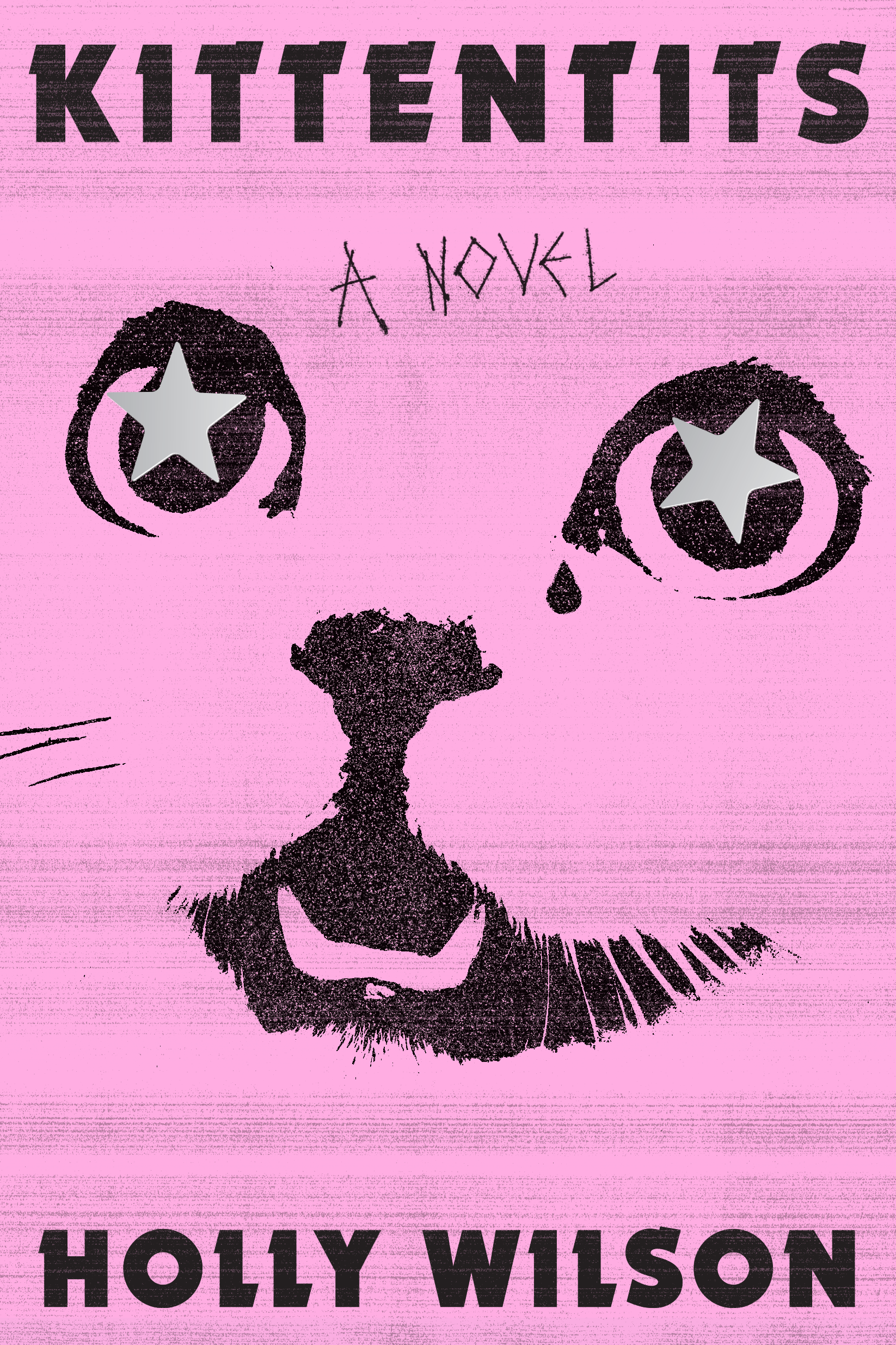
DG: After I finished reading your book, I spent some cognitive bandwidth trying to come up with the description. It kind of struck me as a feminist version of J.D. Salinger’s “The Catcher in the Rye.” Does that make any sense to you?
HW: Oh, that makes total sense. And I take that as a great compliment. I think if I had to trace the book’s lineage, that book is certainly father, grandfather.
I know that readers have really turned on that book in recent years, and I don’t understand it because I read it and I think, “This is amazing. This is a masterpiece.”
There are other books, too, that definitely influenced the book. Mark Richard’s work especially. He writes the best child narrators of anyone.
DG: Demarcus has this uncanny ability to experience something called thought forms. I was very intrigued by this. What are thought forms?
HW: I wouldn’t say he experiences them. He identifies as one. He is a thought form, and I don’t know quite what to make of this. He’s like the foil to Molly. He’s very intellectual. He’s very high-minded. He takes things very seriously and in ways Molly doesn’t.
And of course, there’s no way Demarcus would ever believe in ghosts. That would be stupid. And so, here he now finds himself a ghost. And he won’t acknowledge that. Instead, he calls himself a thought form, which I think is just his way of working around the fact that ghosts in this world are real.
I think that’s how I originally thought of it when I wrote it. But maybe there’s something to that. There’s a line at the end when he finally meets his mother, who’s also a ghost. He meets his mother, and then he realizes that, well, if he’s a thought form, she was the one who was thinking him the whole time, right?
To be a thought form, someone has to think you into existence. And I thought it’s interesting to think about ghosts that way. We think about people we’ve lost, and we almost allow them to haunt us that way. I think it’s a nice idea.

